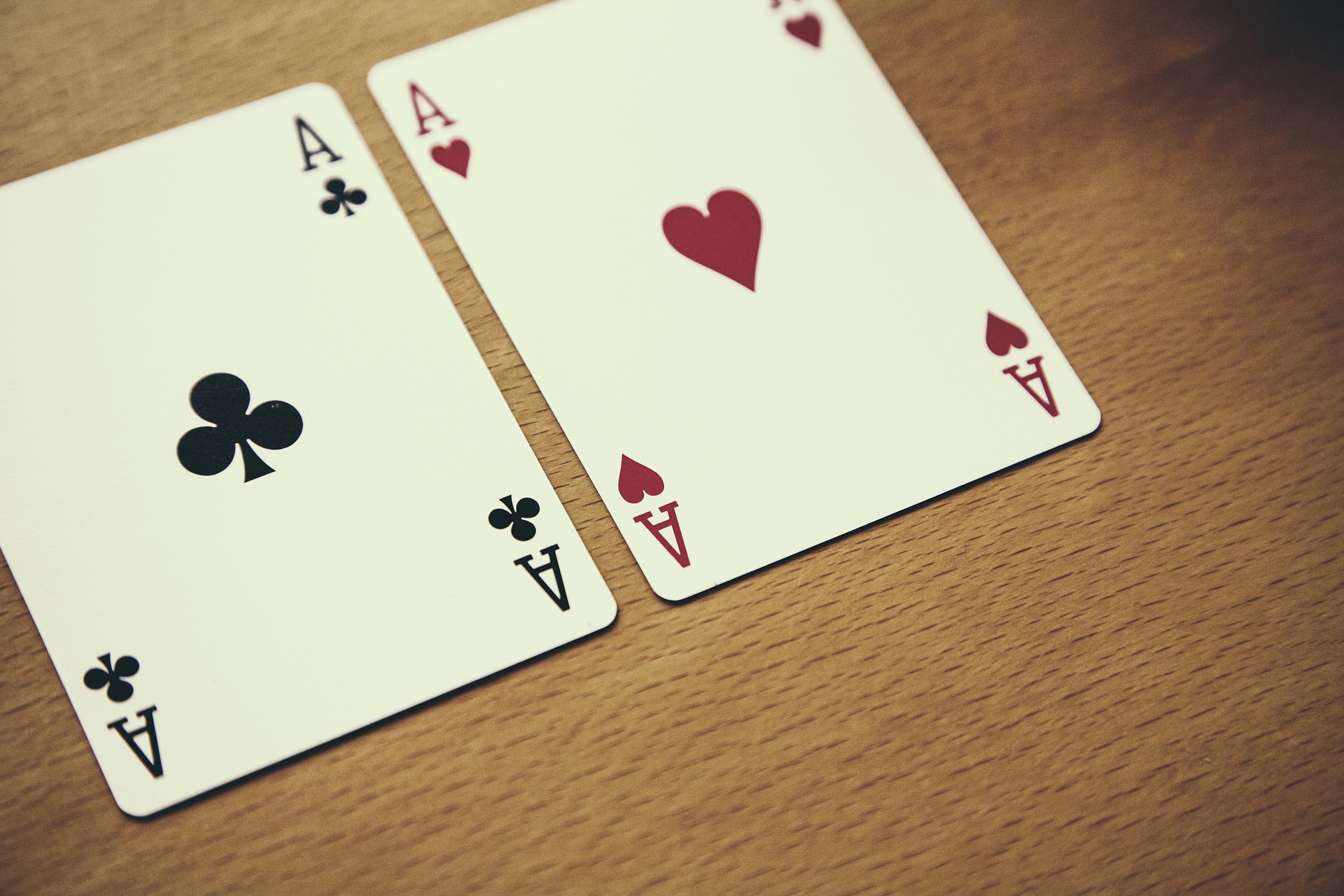Poker is a game that has been around for centuries, and one of its variations that have been gaining popularity in recent years is Omaha Poker. This exciting game is played with four hole cards and five community cards, and while it may seem similar to Texas Hold'em, it requires a completely different strategy. If you're curious to learn more about Omaha Poker and how to become a pro, then this blog post is for you! Join me as I take you through the ins and outs of the game.
1. Understand the basics
The first step in becoming a pro at Omaha Poker is understanding the basics. As mentioned earlier, each player is dealt four hole cards, and there are five community cards. The objective of the game is to create the best possible hand using two of your hole cards and three of the community cards. Make sure you understand the basic hand rankings as well, from high cards to Royal flush.
2. Develop a solid starting hand strategy
Unlike Texas Hold'em, where players often play with any two cards, in Omaha Poker, starting hand selection is crucial. As it is a game where each player receives four hole cards, the number of possible starting hands is significantly higher than other poker games. Therefore, having a solid starting hand strategy can increase your chances of winning. A good starting hand includes cards that can work together to make strong hands, preferably those that are double-suited, connected, and have high ranks.
3. Master the art of post-flop play
While starting hands are essential, the game's real action takes place after the flop. Therefore, mastering post-flop play is crucial to increase your chances of winning. Unlike Texas Hold'em where players might have one or no possible five-card combination, Omaha Poker players often have several, which makes decision-making more challenging. To succeed in post-flop play, take your time and carefully consider the possible hands your opponents may have, the community cards on the table, and the moves of your opponents. Therefore, it is vital to pay attention to the game constantly.
4. Practice, practice, practice
As with any other skill, the key to mastering Omaha Poker is practice. The more you play, the more you can understand the game's nuances and sharpen your skills. Joining online poker games and tournaments, attending live casino events or playing with friends, can help increase your expertise. Stick to your strategies, analyze your mistakes, and take feedback from other players to see their viewpoint.
5. Learn from the pros
Lastly, one of the best ways to get better at any game is learning from the best. Omaha Poker has several professional players who have made a name for themselves, such as Phil Galfond, Dan Smith and Jason Mercier. Studying their game and learning their tactics and strategies can go a long way in improving your game.
Omaha Poker can be an exciting and challenging game, but with the right approach, you can become a pro. By understanding the basics, developing a solid starting hand strategy, mastering post-flop play, practicing, and learning from the pros, you can increase your chances of success. Keep in mind that poker is a game of skill, patience and a bit of luck, so don't get discouraged if you experience losses along the way. The more you play and learn, the better poker player you can become.
